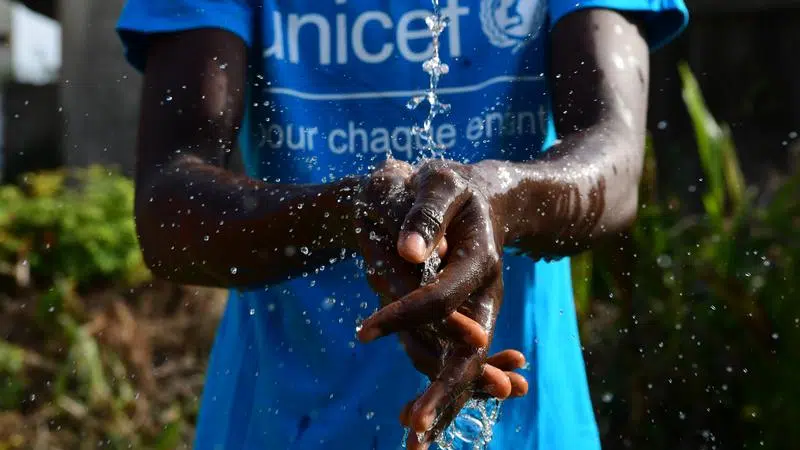
Tough time for the charitable sector amid global pandemic
As the COVID-19 pandemic continues, charitable organizations are one of the many groups having a difficult time.
President and CEO of UNICEF Canada David Morley says they are the largest agency for children, working in more than 200 countries around the world including Canada.
And he says charitable organizations are suffering.
